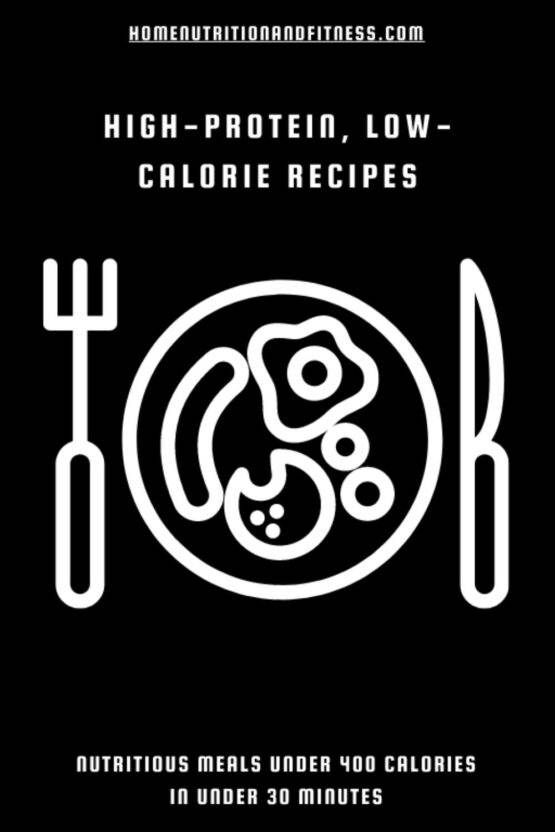Kidney damage is a gradual process that builds up over the years due to poor diet, lifestyle choices, and inadequate management of underlying health issues like diabetes.
Research indicates that adopting unhealthy habits can significantly increase the likelihood of chronic kidney disease. Some studies show a 340% higher risk for those with multiple detrimental lifestyle factors. In this article, we will outline the 10 most harmful habits to be aware of.
1. Smoking
Smoking adversely affects blood pressure and raises the risk of heart problems. It does this by boosting heart rate, constricting kidney blood vessels, causing damage to artery branches, and promoting arteriosclerosis in renal arteries. These factors combined significantly increase the chances of kidney damage.
For individuals with diabetes, smoking poses an even greater danger as it heightens the likelihood of kidney complications. Smokers are more prone to losing proper kidney function compared to non-smokers. However, quitting smoking can substantially lower these risks for a healthier future.
Arteriosclerosis
Arteriosclerosis refers to the thickening and hardening of the walls of the arteries. It is a general term for several conditions that cause the arteries to become narrow and less flexible, which can restrict blood flow.
2. Holding In Your Pee
When you delay going to the bathroom when you really should, you’re putting unnecessary strain on your kidneys.
This can lead to long-term issues like incontinence and kidney stones, harming your kidneys in various ways. It’s important to listen to your body’s signals and not hold in your urine to maintain good kidney health.
3. Eating Too Much Sugar
Consuming excessive sweets, such as candies, desserts, snacks, chocolate, or soda, can negatively impact kidney health. Research suggests that a high intake of fructose can elevate uric acid levels, increasing the risk of developing heart and kidney diseases.

For individuals with diabetes, who are already at a heightened risk of kidney problems, a diet high in sugar can exacerbate the issue. It is important to check nutrition labels and opt for foods low in sugar and rich in fiber to support kidney health.
Remember to monitor your sugar intake and make informed food choices to promote overall well-being.
4. Neglecting Blood Pressure Monitoring
Monitoring your blood pressure is crucial as hypertension can significantly impact your kidney health. It is essential to adhere to the levels recommended by your healthcare provider and effectively manage high blood pressure, typically aiming for levels below 140/90 mm Hg.
Consistently checking and controlling your blood pressure plays a key role in maintaining overall kidney wellness. Stay proactive in managing your blood pressure to support your kidney function and overall health.
5. Failing to Keep Up with Correct Medication Dosage
Adhering to your doctor’s instructions regarding prescribed medications is massively important for your health. Some medications carry the risk of causing kidney damage if not taken correctly or monitored carefully. It is essential to follow the prescribed dosage and duration precisely, without exceeding it.
Common over-the-counter pain relievers like ibuprofen, aspirin, and acetaminophen can harm the kidneys if taken daily for an extended period. Certain antibiotics, including amphotericin B, bacitracin, aminoglycosides, cephalosporins, and vancomycin, may also present a significant risk, especially for individuals vulnerable to kidney disease.
6. Not Enough Exercise

Regular exercise offers various benefits for overall health, including improved blood circulation and better management of conditions like diabetes and high blood pressure. Individuals who are overweight can reduce strain on their hearts by increasing physical activity and shedding excess fat.
Research has highlighted the positive impact of fat loss on kidney function, particularly for those significantly overweight. Engaging in physical activity not only supports cardiovascular health but also helps individuals maintain optimal heart function and overall wellbeing.
7. Eating the ‘Wrong’ Foods
When dealing with kidney issues, simply choosing healthy foods may not be enough. It is essential to make specific dietary adjustments to ease the strain on your kidneys. Your doctor may recommend consuming foods lower in phosphorus and potassium.
Foods previously categorised as “unhealthy,” like white bread, white rice, and pasta, can now be beneficial choices for kidney health. Avoid foods high in phosphorus such as whole grain wheat, nuts, bran cereals, oatmeal, lentils, meat, fish, poultry, colas, and certain fruits and vegetables.
Opt for fresh fruits and vegetables like peaches, apples, carrots, and beans, along with rice-based products and rice milk. Moderating protein intake, focusing on plant-based proteins, fish, and chicken can be less taxing on the kidneys.
Heart-healthy foods can aid in weight management, blood pressure, and diabetes control. Vitamin B6 and magnesium-rich foods can help prevent kidney stone formation.
8. Drinking TOO MUCH Alcohol
The kidneys act as important filters in our bodies, removing toxins like alcohol.

Excessive alcohol consumption can strain the kidneys and lead to significant harm. Regular heavy drinking can cause dehydration in the organs, affecting their function and potentially causing liver diseases that impact blood flow to the kidneys.
9. Consuming Excessive Sodium (Salt)
Consuming too much sodium, whether from table salt or hidden in various foods, can lead to issues and potentially harm the kidneys, particularly for those at risk of high blood pressure.
Junk foods, canned goods, snacks, and many packaged items are often loaded with sodium. To protect your kidneys, it’s best to limit these foods and opt for fresh fruits, vegetables, nuts, or protein shakes instead.
Aim to keep your daily sodium intake below 2,200 mg.
10. Being Dehydrated
The kidneys rely on a consistent intake of water to function properly. Ensuring you are well hydrated is crucial for your kidneys to effectively eliminate toxins from your body.
Dehydration is commonly cited as a leading cause of kidney damage and the development of kidney stones. The National Kidney Foundation highlights proper hydration as one of the essential steps for maintaining healthy kidneys.





